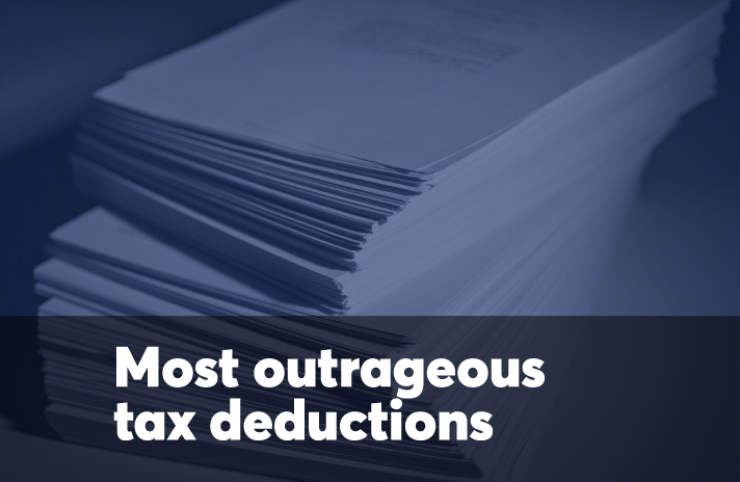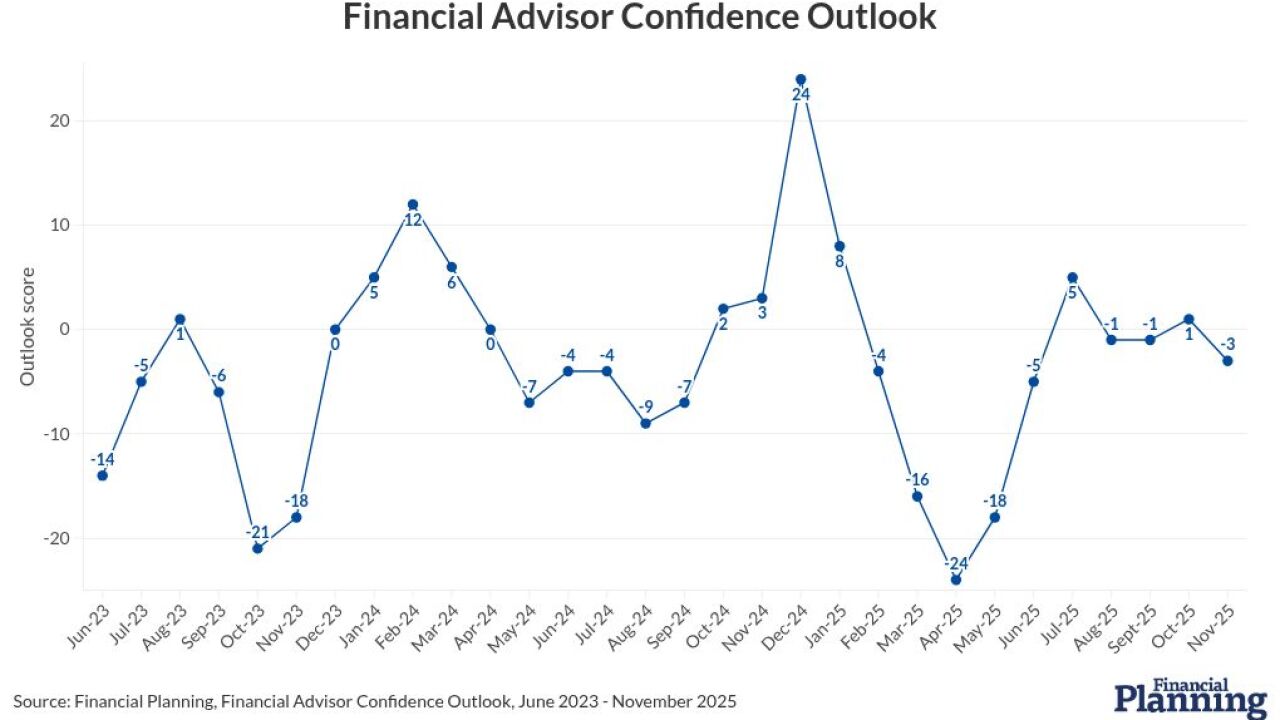Our weekly roundup of tax-related investment strategies and news your clients may be thinking about.
Balanced mutual funds and ETFs can be excellent investment options since they give investors access to both stock and bond markets, according to The Wall Street Journal. They also offer diversification and tax efficiency. The tax draw comes from cash inflows, enabling the funds to curb security sales and capital gains taxes. This allows balanced funds to “rebalance more tax-efficiently and lower transaction costs,” says expert Dan Weil.
Senior clients need to minimize the tax bite to ensure they will have enough money to support their preferred lifestyle in retirement, according to Kiplinger. For example, delaying Social Security benefits enable seniors to reduce their taxable income during the gap years — as well as defer taxation on the benefits. Another option is a partial Roth conversion to avoid considerable mandatory distributions from tax-deferred retirement savings.

Contrary to what many high income retirees think, they may see an increase in their tax bill as a result of Social Security income taxes and higher Medicare premiums, according to CNBC. "Their tax bracket may go from 24% to 22%, but because of Social Security taxes, their marginal rate goes from 24% to 40.7%— it will increase sharply," the article says.

Clients are advised to direct some of their retirement savings to a Roth account to avoid sizable taxable withdrawals from traditional retirement accounts, according to Motley Fool. Seniors are expected to pay income taxes on a certain portion of their Social Security benefits if their taxable income plus 50% of the benefits exceeds a certain threshold.





